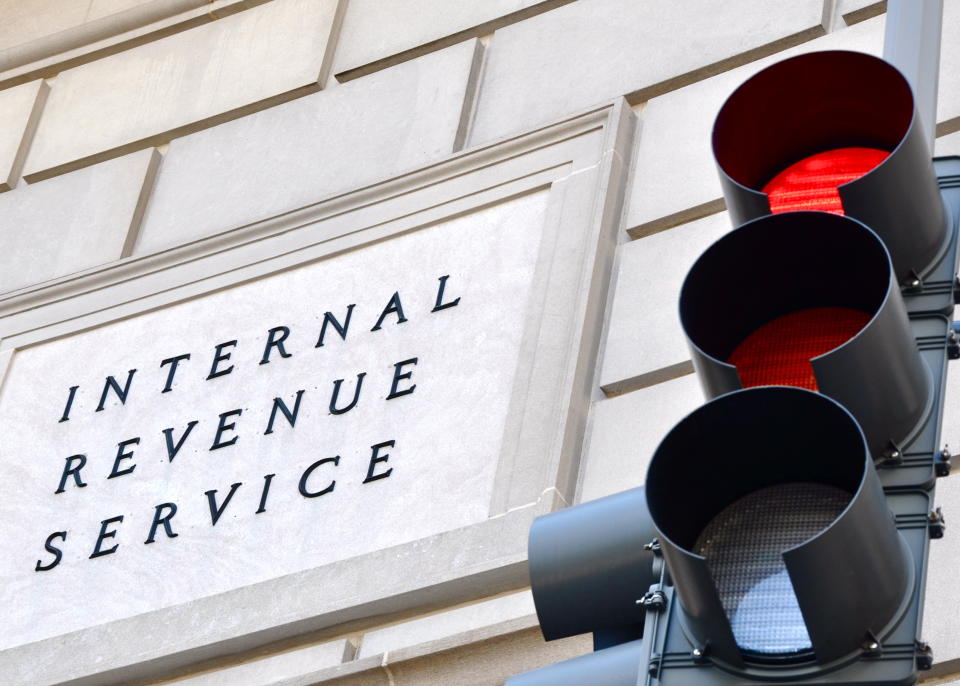Coronavirus stimulus checks: Why many college students won’t get one
About 175 million Americans will get stimulus checks up to $1,200 plus $500 for children, thanks to the $2 trillion coronavirus relief package called the CARES Act. But many college students will be left out from these payments.
This is a huge hit for many students, who have experienced a major disruption to their studies because of the coronavirus pandemic.
To stem the outbreak, many campuses turned to remote learning and told students to return home for the remainder of the semester. Others have lost part-time jobs that they counted on for living expenses. A $1,200 check could help with those losses.
Here’s what you need to know about eligibility for stimulus payments if you’re in college.

What is a dependent?
Many college students are claimed as dependents on their parents’ tax returns, making them ineligible for a stimulus payment of their own, according to the guidelines set up by the CARES Act.
The Internal Revenue Service recognizes two types of dependents: a qualifying child and a qualifying relative. College students fall into the first category.
For parents to claim a college student as a dependent, the student must be a U.S. citizen, a U.S. national, U.S. resident, or a resident of Canada or Mexico. No one else can claim them as a dependent, and a parent can’t claim a student if they are married and file a joint tax return.
The college student must be related to the person claiming them as a dependent, which includes step-children, eligible foster children, adopted children, siblings, and nieces and nephews, in certain cases. The dependent child must be under age 19 or, if a full-time student, under age 24.
They must live with the parent for half the year. Exceptions include temporary absences, such as when the student is away at school. The student can’t provide more than half of their own support for food, clothing, lodging, medical and dental, and education. The student can’t have gross income of $4,200 or more during the year to be claimed as a dependent.
Parents don’t get $500 either

Americans who qualify for the stimulus payment and have children will get an additional $500 per child. But the child must be under 17. That means parents who claim their college students as dependents won’t get that extra stimulus money based on how the CARES Act was written.
A group of Democratic senators introduced a legislative fix called the All Dependents Count Act, which would expand the definition of dependent, so more parents and caregivers could qualify for the $500 stimulus.
If you filed your 2019 taxes
If you filed your taxes for the first time for the 2019 tax year — and not as a dependent on your parents’ returns — you may still not get a stimulus check. That’s because the IRS is largely relying on 2018 tax information to determine eligibility for payments.
If the agency hasn’t processed your 2019 return, the IRS may still think you’re a dependent on your parents’ return.
Fortunately, the stimulus payment is actually a refundable credit against your 2020 tax liability that is being paid out as an advanced refund. That means you’ll get that stimulus payment — eventually — as a tax refund next year after you file your 2020 taxes.
Denitsa and Dhara are reporters for Yahoo Money and Cashay, a new personal finance website. Follow them on Twitter @denitsa_tsekova and @dsinghx.
Read more information and tips in our Taxes section
Read more personal finance information, news, and tips on Cashay




